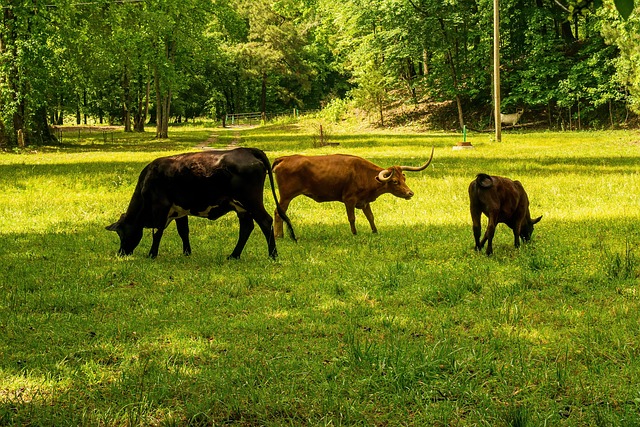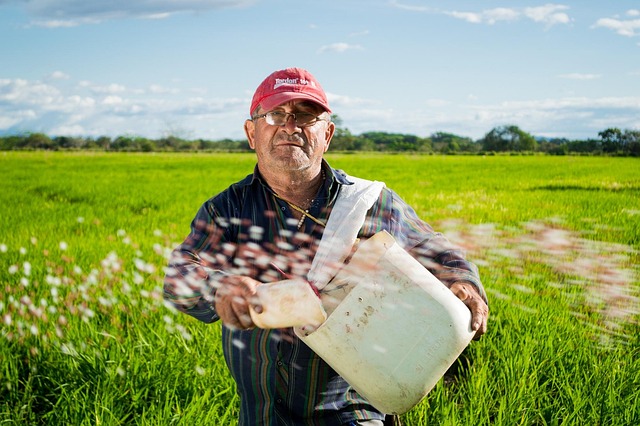10 Eco-Friendly Gardening Tips to Reduce Carbon Footprint in Your Vegetable Garden
As we become more aware of our environmental impact, many of us are seeking ways to live sustainably, even in our backyards. Gardening is a beautiful way to connect with nature while also contributing to carbon footprint reduction. By adopting eco-friendly practices, we can cultivate our vegetable gardens in harmony with the environment. Here are ten tips to help you grow your greens while being kind to Mother Earth.
1. Start with Native Plants
Planting species that are native to your region not only supports local wildlife but also requires less water and maintenance. These plants are already adapted to your climate and soil, meaning they thrive with minimal intervention, reducing your gardening resource usage.
2. Composting for Nutrients
Composting organic waste is an effective way to enrich your soil while reducing waste. This natural fertilizer is a sustainable alternative to chemical fertilizers, promoting a healthier garden ecosystem and reducing your overall carbon footprint.
3. Rainwater Harvesting
Collecting rainwater is an environmentally friendly irrigation method. By setting up a rain barrel, you can water your garden with natural, chemical-free water, which not only conserves resources but also decreases the strain on municipal water systems.
4. Companion Planting
Utilizing companion planting techniques can enhance growth while naturally minimizing pests. By pairing certain plants together—like tomatoes and basil—you can create a self-sustaining garden ecosystem that requires fewer pesticides and fertilizers.
5. Organic Pest Control
Instead of synthetic pesticides, opt for natural pest control methods such as introducing beneficial insects or using homemade sprays from ingredients like soap and water. This reduces chemical run-off and helps maintain the balance of your garden’s natural environment.
6. Use of Mulch
Applying organic mulch to your garden beds helps retain moisture, suppress weeds, and enrich the soil as it decomposes. This simple practice can decrease the need for frequent watering, saving precious resources and energy.
7. Grow Your Own Seeds
Starting your garden from seeds rather than buying seedlings reduces carbon emissions associated with transporting plants. Seed saving encourages biodiversity and allows you to cultivate varieties that thrive in your local conditions.
8. Maintain a Diverse Garden
Monoculture practices can harm the environment by depleting soil health and increasing pest issues. Create a diverse garden with various crops to promote resilience, improve soil health, and contribute to a thriving ecosystem.
9. Minimize Tillage
Reducing tillage keeps soil structure intact, minimizing disruption to soil organisms. By embracing no-till or low-till gardening, you can maintain soil health and sequester carbon more effectively, which benefits both your garden and the planet.
10. Go Solar
If possible, utilize solar-powered tools and equipment. By switching to renewable energy sources, you can lessen your gardening-related carbon emissions and reduce reliance on fossil fuels.
Implementing these eco-friendly gardening tips not only enriches your vegetable garden but also fosters a deeper connection to the environment. By taking small steps towards carbon footprint reduction, we contribute to a healthier planet for future generations. Every little effort counts in the fight against climate change, so let’s nurture our gardens sustainably and proudly contribute to a greener world.




